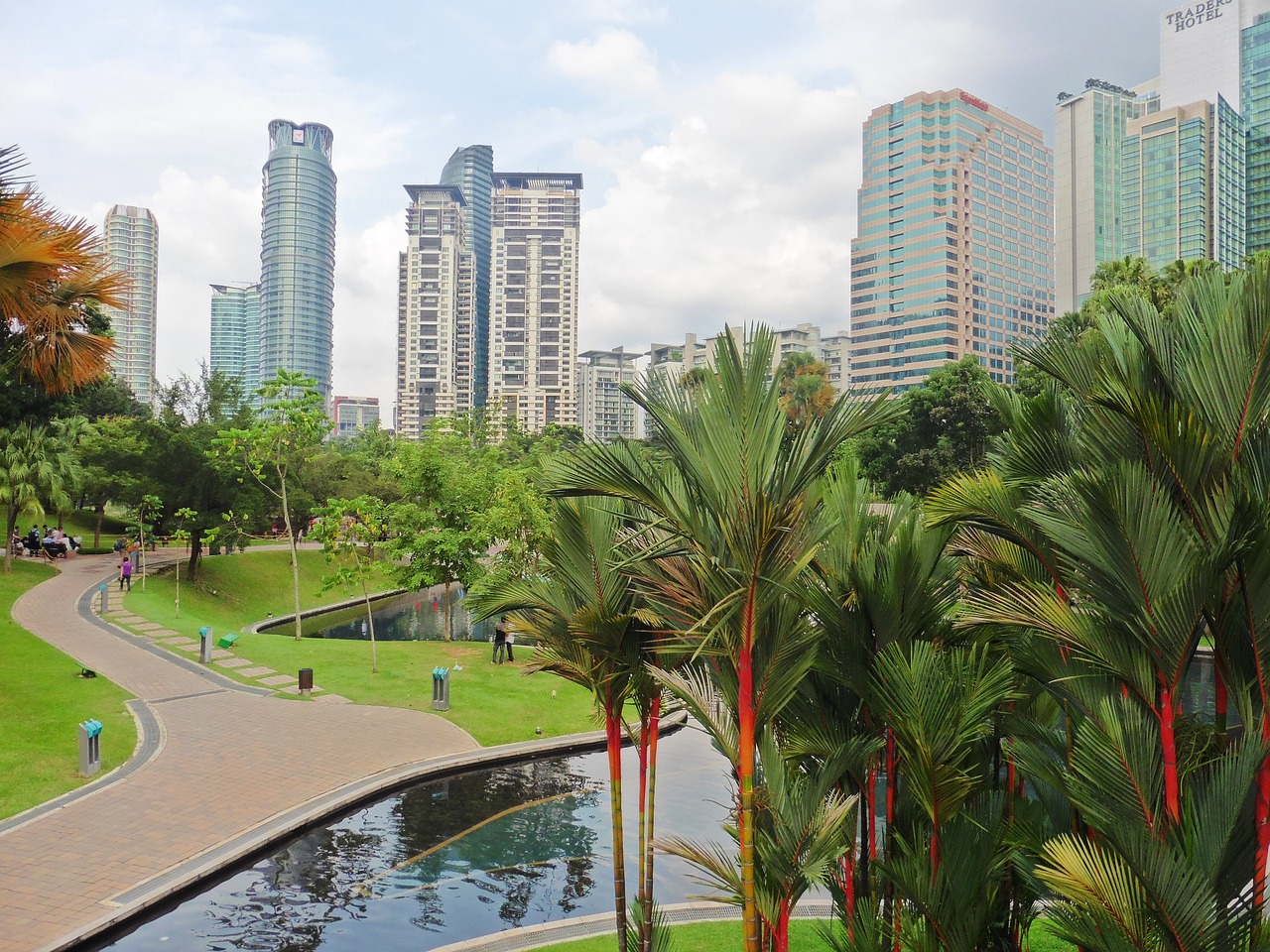
There is fierce competition for investment around the world, but there are good reasons why it is the best decision to invest in Hungary.Continue reading

Hungary will resume the previously stalled free trade negotiations between the European Union and Malaysia during the six months of its Presidency of the EU Council, Minister of Foreign Affairs and Trade Péter Szijjártó announced in Kuala Lumpur on Wednesday.
Minister Szijjártó said that after his talks with his Malaysian counterpart, he considered it extremely important to improve the EU’s foreign economic relations, and during the Hungarian presidency, the government would therefore restart the free trade negotiations with Malaysia that were started about ten years ago but then stalled. “Unfortunately, this time too, the European Union wants to include in the free trade agreement a number of issues unrelated to trade and the economy, which will end up with the EU trading only with itself, and we certainly do not want to see that happen,” he said.
He also stressed the importance of the entry into force of the political cooperation agreement already concluded between the EU and Malaysia, recalling that only eleven out of twenty-seven Member States have ratified it so far. “We will work to ensure that the remaining 16 countries do so as soon as possible,” Szijjártó said.
The Hungarian politician noted that the
inaugural meeting of the Hungarian-Malaysian joint economic committee would be convened shortly,
which is of great importance, given that bilateral trade has now exceeded USD 830 million and a new boost is needed to make further progress.
He announced that the two parties would soon finalize negotiations on an agreement on the supply of pork and poultry meat, which would see Malaysian authorities ban imports only from the immediate region, rather than from the whole country, in the event of a virus outbreak.
The minister also noted that, like Hungary, Malaysia is making great efforts to become a regional leader in the electric car transition. “They have built a very important research, academic environment, so we will further strengthen the cooperation between Hungarian and Malaysian technical universities to ensure that the electric car transition is a new opportunity for our economies, not only in terms of production, but also in terms of higher value-added research and development,” he said.
Finally, Szijjártó explained that it was in the key national interest of Hungary to ensure unhindered international trade and to prevent the world from being divided into blocs again, which has caused trouble and damage in the past.
Instead of creating blocs, we are interested in creating civilized global cooperation,”
he underlined.
“We agreed that it is in the interest of both Malaysia and Hungary that the most important players in world politics, in the world economy, settle their conflicts with each other, (…) build normal cooperation and not put pressure on anyone as to who is on which side,” he stressed.
“In two days we visited the three most competitive countries in Southeast Asia: Thailand, Singapore, and Malaysia. We have held important talks, which have had tangible results: there will be a flight between Bangkok and Budapest, one of the world’s largest household appliance companies will be coming to Hungary, and with Malaysia we will be able to work together to fight the bloc formation of the world and increase our agricultural exports,” Szijjártó concluded.
Via MTI, Featured image: Pixabay